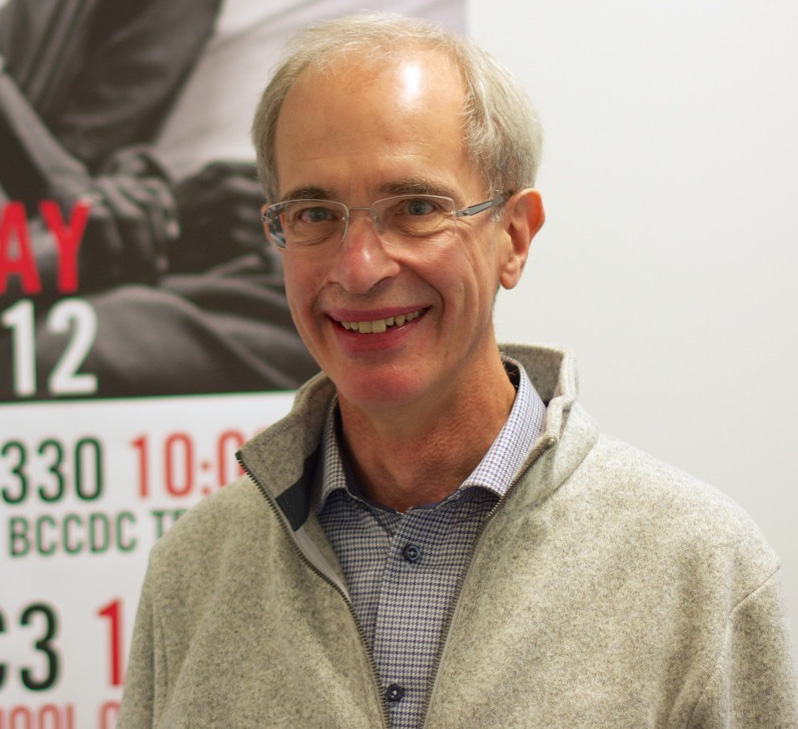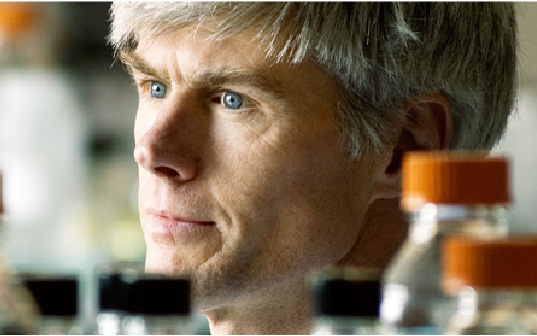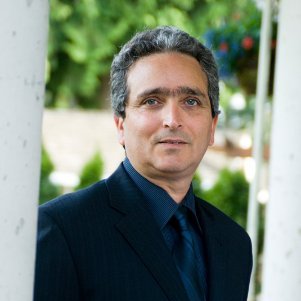
Dr. Charles Thompson
Researcher, Tuberculosis
Dr. Charles J. Thompson has a PhD from the University of Pennsylvania. He was head of Molecular Microbiology at the University of Basel in Switzerland until 2004 when he relocated to Vancouver to become head of the Department of Microbiology and Immunology and a co-director of the Life Sciences Institute at University of British Columbia.
Dr. Charles Thompson is searching for new ways to treat "superbugs", a growing concern in tuberculosis (TB).
What is the focus of your research?
Traditional methods of finding new antibiotics are becoming less effective as new antibiotic resistant strains of bacteria develop. This can be caused by the evolution of bacteria but is most commonly due to patients not taking the full course of medication. It requires stronger and stronger drugs be developed to treat “superbugs”. Our research is focused on finding out the molecular mechanisms, specifically identifying the genes within harmful bacteria, that allow it to become "immune" to antibiotics, particularly in TB.
Why is it vital to our health?
Traditional methods of antibiotic discovery carried out by large pharmaceutical companies around the world involved screening soil samples for bacteria that produced natural compounds able to kill diseases. While these efforts were very productive for several decades, the methods that pharmaceutical companies use to identify new antibiotics aren’t working the way they used to. Bacteria are becoming increasingly resistant to existing antibiotics. Tuberculosis is especially dangerous, as it’s the most deadly of all bacterial diseases. The vast majority of drugs available to kill broad arrays of bacterial disease are not effective against it.
What drew you to your field?
I was interested in antibiotics and how they worked in the body. So I went to England to do postdoctoral studies with Professor David Hopwood, the leader in the field of Streptomyces genetics.
What do you hope to achieve through your work?
If we find out what genes cause drug resistance in bacteria, we can look for drugs that inhibit those genes. These drugs could be used with existing antibiotics to treat drug resistant diseases.

